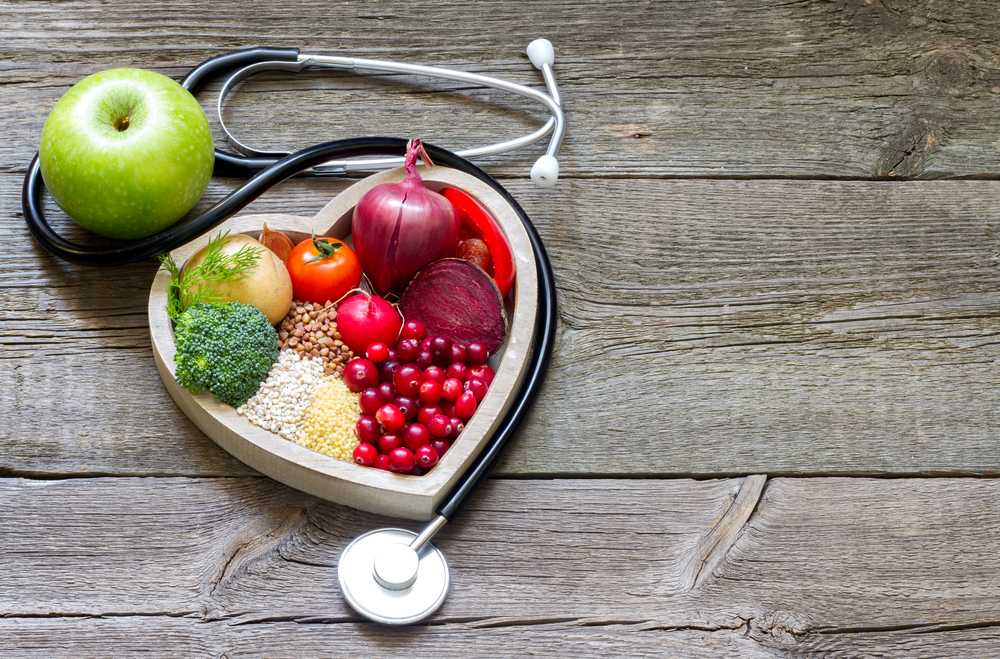You might be looking for ways to lower cholesterol naturally because you are trying to prevent high cholesterol in your future. This is a great idea, especially if you have a familial history of high cholesterol (hypercholesterolemia). This is a condition that is frequently passed on from parent to child and can lead to very serious problems such as coronary artery disease and heart attack. If you’ve been diagnosed with high cholesterol, and have become fearful of the problems associated with cholesterol-lowering medications, such as liver damage, attempting to find more natural alternatives to pharmaceutical treatment is not impossible.
Change of lifestyle is a primary goal when attempting to lower cholesterol without using drugs such as Lipitor, or other Statins – the most commonly prescribed drug family for that purpose. Aside from the possibility of liver damage, Statins cause muscle pain, can lead to Type 2 Diabetes and can cause neurological damage.
Dietary Changes That Can Impact Cholesterol Levels
You would assume that the first step in lowering cholesterol levels in the bloodstream involves ceasing your intake of cholesterol in your diet. However, studies have found that cholesterol in most people’s diets does not significantly affect blood cholesterol levels. There is a small percentage of the general population who are more affected by this than others, but most aren’t. Another thing to consider is that dietary cholesterol can beneficially affect the body’s LDL to HDL ratio (high and low-density lipoproteins, the presence of which can substantially impact the risk of heart attack). That said, watching dietary cholesterol intake is wise, as overdoing it on the shellfish and organ meats might certainly prove to slow progress toward lower cholesterol in your blood.
Certain foods can impact cholesterol levels significantly. Some of the best are:
- Oats: Soluble fiber is key in lowering cholesterol before your next physical
- Whole Grains: check your bread labels, and aim for the highest soluble fiber content
- Beans
- Okra and Eggplant: two of the best vegetables for lowering cholesterol
- Almonds, Peanuts, and Walnuts: 2 oz. a day can lower LDL levels
- Canola Oil, Sunflower, and Safflower Oil instead of butter, margarine, shortening or lard
- Pectin rich fruits: apples, strawberries, grapes, citrus
- Plant sterols or stanols: a food additive that essentially blocks cholesterol
- Soy
- Fatty fish high in Omega 3 Oil
An ideal diet for lowering cholesterol would be vegetarian, and would include: lots of fruits and vegetables, primarily whole grains instead of heavily processed bread and cereals, with protein coming mainly from plant sources. Add margarine fortified with vegetable sterols; peas, rye, psyllium, okra, eggplant, soy protein; and whole almonds or walnuts. Chia and flaxseed provide a plant source of Omega 3 Fatty Acids.
Control Your Weight
Weight control is a key component of how to lower cholesterol naturally. Insulin production is a hormonal component that affects the production of cholesterol; high sugar intake, especially of fructose (fruit sugars) can cause the liver to start converting triglycerides into cholesterol. In order to take control of high cholesterol, sugar must be drastically cut from the diet. Research has shown that cutting sugar is actually more important than cutting fat when making dietary changes to decrease the risk of heart disease.
Obesity is a big factor in maintaining high cholesterol. Experts suggest that cutting sugar out of the diet, including most fruits, all processed foods including baked goods, candy, soda, and potatoes (including sweet potatoes), and all sweeteners ending in “ose”. Following these dietary changes should put you on your way to weight loss when coupled with daily exercise. The need to exercise is an essential component to obtain the goal of lowering your cholesterol.






